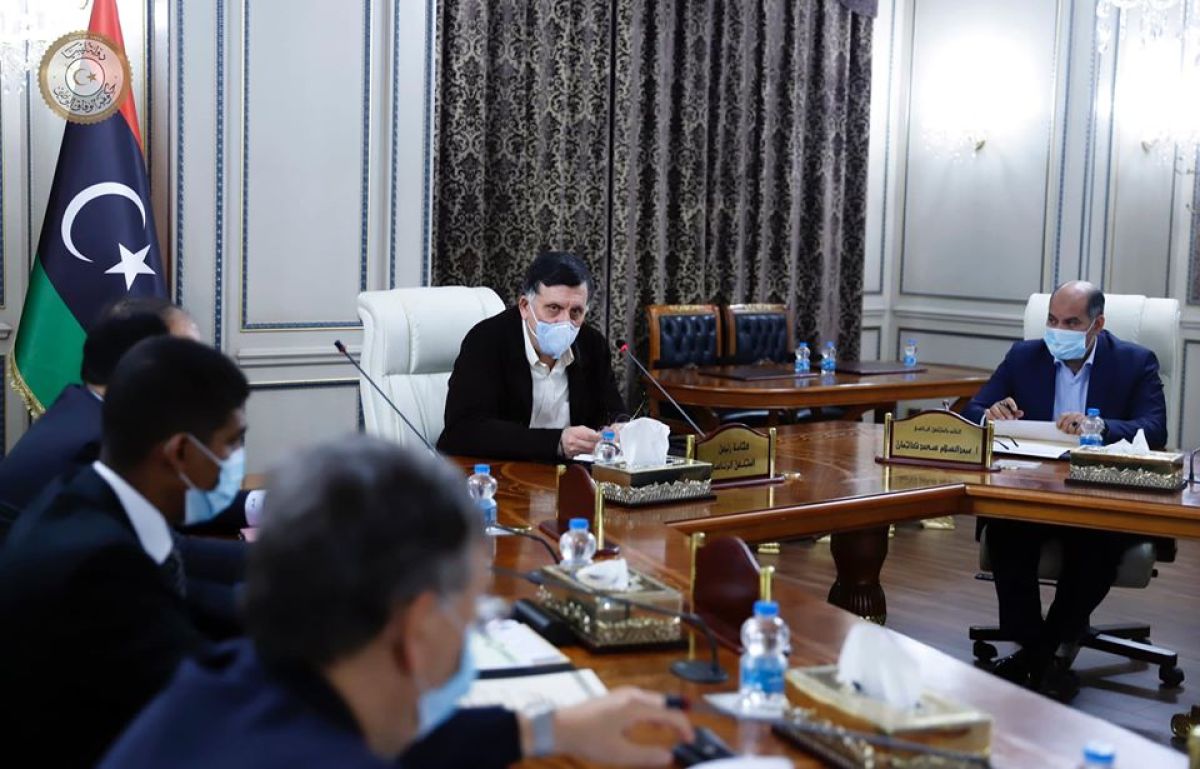The third extraordinary meeting of Libya’s Presidential Council for 2020 approved -in principle- the elimination of fuel subsidies, in addition to the activation of family allowances and the grant of wives and children under the Acts No. 6 and 27 of 2013.
After an extensive debate within the framework of the Economic Reform Programme, which includes a package of measures that aim at addressing and adjusting the Libyan economy, the meeting did not only support the settlement of basic pension and job-seekers’ allowance, but it also settled financial advantages to the relatives of martyrs.
According to a statement issued by the Presidential Council, the proposal for the reform of the current fuel subsidies was presented to the Finance Ministry in order to submit the operational project of subsidies’ removal in consultation with the National Policy Decision Support Centre (NPDC), the Ministry of Economy, the Ministry of Labor and Social Affairs as well as other relevant parties.
The meeting was chaired by Faiez Al Serraj, with the participation of the deputy head of the Presidential Council (PC) Ahmed Maiteeq, the members of the Presidential Council (PC) Abdul Salam Kajman, Mohammed Amari Zayed, Ahmed Hamza, along with the Ministers.
It will be reminded that, on March 02, 2020, the Ministry of Economy aligned to the internationally recognized Libyan government in Tripoli presented its government a proposal for the reform of the current fuel subsidies.
The proposal plans to replace in-kind subsidies with monetary subsidies, where the price subsidy is removed from fuel prices and paid directly to Libyan citizens. The Ministry of Economy claimed that this will to achieve several advantages, the most important of which are:
- The reduction of the foreign exchange fuel purchase bill by about 25 %.
- The principle of equity in distribution and ensuring that subsidies reach those who need it.
- The conviction of citizens of the need to replace fuel subsidies through the questionnaires carried out by the Ministry.
- Elimination of the phenomenon of fuel smuggling.
- The reforms would take into account the interests of both the state and the citizen simultaneously.
- Reduction of consumption by about 30 to 40 %.
The Ministry said that its proposal includes the value of the cash subsidy, which it did not publicize, and the distribution mechanism to citizens. It said that ensuring the ability of the Central Bank of Libya will have to ensure that it has the money available to deliver to citizens through the banking in a smooth manner to ensure the success of the fuel subsidy reform programme.




